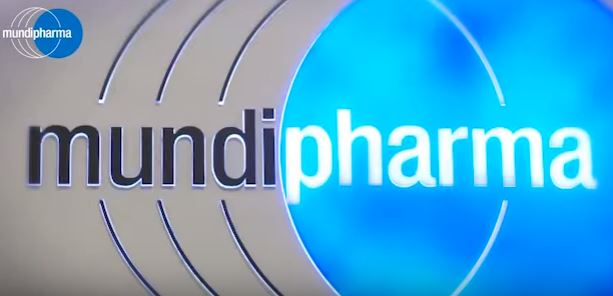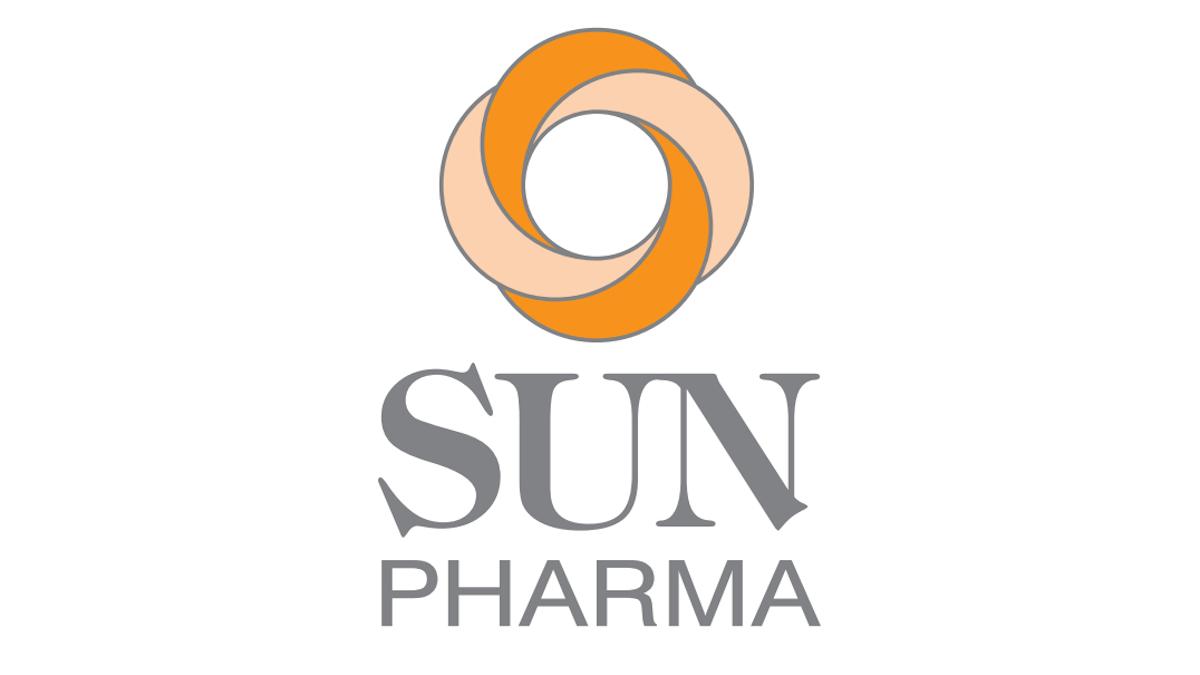Mundipharma to market Herceptin biosimilar in key EU markets

Mundipharma has signed a deal with Celltrion to market a biosimilar of Roche’s Herceptin (trastuzumab) in seven European countries.
Breast cancer blockbuster Herceptin earned $2.26 billion in Europe last year, and Celltrion and its competitors want to seize as large a slice of this as possible.
This is the third deal Mundipharma has struck with Celltrion, which has already secured rights to its biosimilars of Roche’s rituximab and MSD’s Remicade (infliximab) in certain European countries.
While Celltrion still markets its biosimilars in certain EU countries, the South Korean biosimilars specialist is comfortable with other companies marketing its drugs.
In this case, Mundipharma will be able to market Celltrion's Herceptin biosimilar in seven EU countries including Germany, the UK, and Italy. No financial details were disclosed.
Man Hoon Kim, Celltrion Healhcare's president and CEO, noted that Mundipharma, a network of independent associated pharma companies has a “proven track record” launching biosimilars in Europe, with local expertise across several healthcare systems.
Branded as Herzuma, Celltrion’s Herceptin biosimilar was approved in the European Union early last month, following backing from the European Medicines Agency’s CHMP committee in December.
It is approved in the same uses as the originator drug – for HER2-positive early breast cancer in the neo-adjuvant and adjuvant setting, metastatic breast cancer, and metastatic gastric cancer adults.
Celltrion and Mundipharma's main competitors are Samsung Bioepsis and MSD, who earlier this month launched their own Herceptin biosimilar, Ontruzant.
MSD won't have very much 'first to market' advantage, however, as European healthcare systems tend to wait until two or more biosimilars are on the market before launching a tendering process.
Herceptin is one of Roche’s “big three” blockbusters, generating sales of almost $7.4 billion in 2017.
[caption id="attachment_24737" align="alignnone" width="150"] Roche's Herceptin[/caption]
Roche's Herceptin[/caption]
But like Roche’s other two biggest blockbusters, rituximab, and Avastin (bevacizumab), Herceptin is threatened by competition from biosimilars.
South Korea's Samsung Bioepis has a Herceptin biosimilar approved in Europe, and Celltrion has teamed up with Teva to market Herceptin and rituximab biosimilars in the US, where the FDA is reviewing their filing dossier.
Mylan and Biocon already have their Herceptin biosimilar approved in the US, where the drug's patent protection is due to expire over the next couple of years.
And in Europe Allergan and Amgen have an Avastin biosimilar approved, with a launch likely delayed until 2022 because of patent protection.
In the US, Allergan and Amgen’s Avastin biosimilar was approved late last year, in preparation for its patent expiry next year.
Richard Trollope, Commercial head of oncology and biosimilars at Mundipharma said: “Celltrion Healthcare’s decision to entrust us with a third biosimilar from their portfolio is testament to the insight and experience we have developed from successfully launching two previous monoclonal antibody biosimilars.”
“With Remsima (infliximab) we achieved market leading status in the majority of our markets, and we are already seeing strong market uptake with our newest biosimilar medicine Truxima (rituximab) across those markets where we have distribution rights.”












